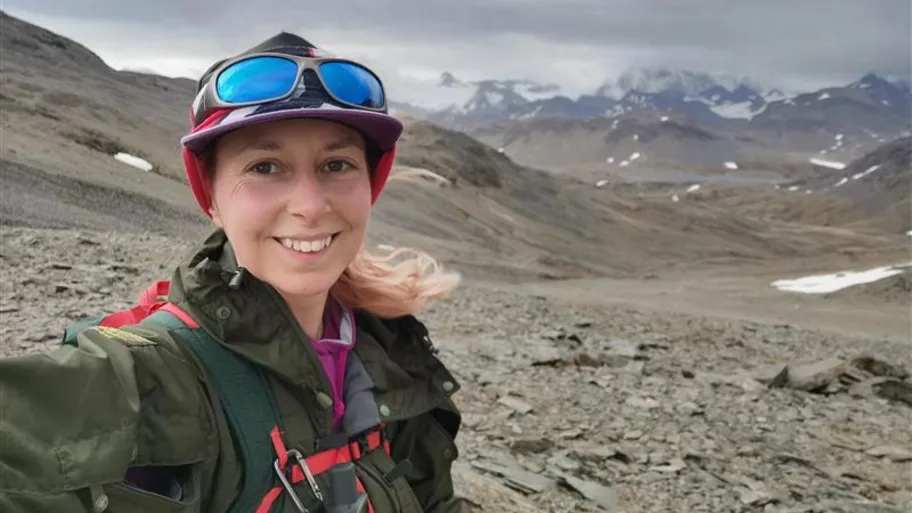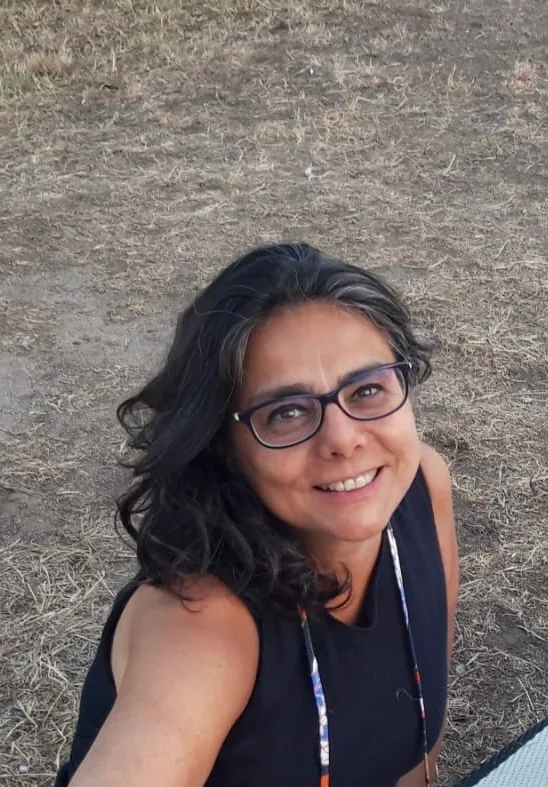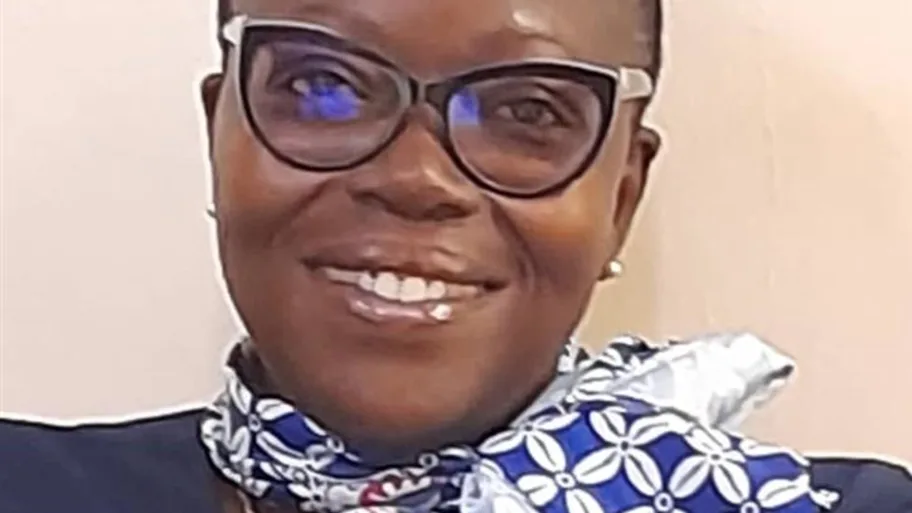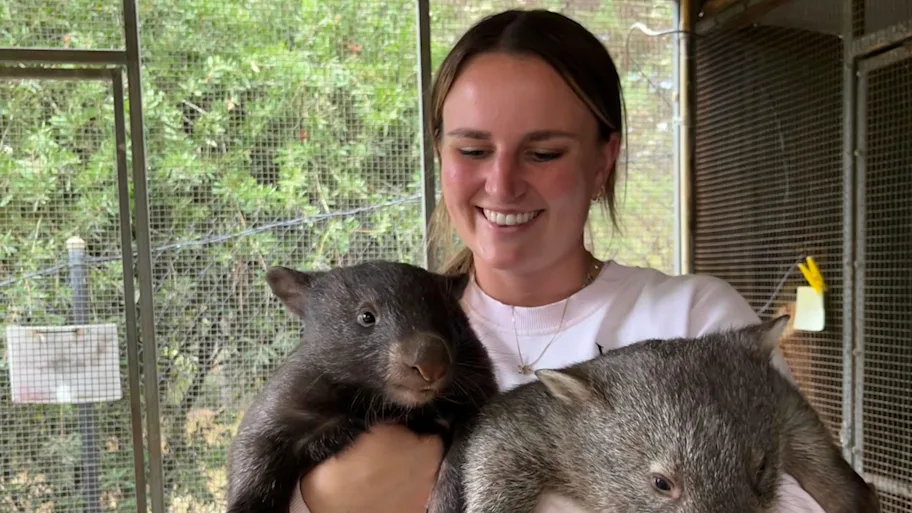
- Science News
- Frontiers news
- Lucia Berdondini – Science in service, beyond borders: Celebrating women leaders in global humanitarian efforts
Lucia Berdondini – Science in service, beyond borders: Celebrating women leaders in global humanitarian efforts
Author: Sara Baaring
Dr Lucia Berdondini is an associate professor of psychology at the University of East London and course leader of DL MSc Humanitarian Intervention at the School of Childhood and Social Care. She is also a British Association for Counselling and Psychotherapy (BACP) Accredited Gestalt Psychotherapist. She has worked extensively with psychosocial intervention in countries in war and conflict, existential therapies, and intercultural counselling. With over two decades of experience, Dr Berdondini’s research and teaching focuses on psychosocial support, trauma, and counselling in international and humanitarian contexts. Her global fieldwork spans conflict-affected regions in Africa and Asia, where she has contributed to capacity-building and mental health projects for displaced populations and communities in crisis. Recently, she has been involved in creating a portal with online resources for humanitarian professionals, which can be found here. She has also been collaborating with Vilnosvita, a Ukrainian non-governmental organization (NGO) focused on playback theater as a form of crisis intervention.
Driven by a commitment to social justice, she integrates her academic expertise with practical action, empowering local practitioners and promoting resilience among vulnerable groups.
In honor of World Humanitarian Day and in line with the United Nations Sustainable Development Goals, particularly UN Sustainable Development Goal 10: Reduced Inequalities, Lucia took the time to sit down with us and discuss her journey in the humanitarian sector.

Can you speak a bit about your journey. What led you to this field? What inspired you to combine psychotherapy and humanitarian work in your professional life?
My career began in Italy with a degree in pedagogy with a specialization in developmental psychology, after which I moved to the UK as a developmental psychology researcher, focusing on bullying in schools. Over time, my interest shifted from quantitative to qualitative research, engaging more deeply with people's experiences. This led me to study Gestalt psychotherapy, which emphasizes the here and now, looking at existential meaning and connection.
Eventually, I combined these fields, initially through work with the Red Cross in Italy, providing psychosocial support to volunteers in conflict zones. This is an area with little prior infrastructure for mental health. This happened during an encounter with psychological emergency work at a bereavement conference, which inspired me to merge my research, psychotherapy, and humanitarian interests. Subsequently, I focused on supporting both affected communities and humanitarian workers themselves in crisis areas.
What unique challenges have you faced while working on mental health initiatives in areas affected by conflict or crisis?
One of the main challenges has been the historical lack of recognition of importance of mental health in humanitarian crises. Traditional priorities such as food, water, and medicine were prioritized over psychological wellbeing, making it difficult to secure funding or program support for mental health.
I have worked in Afghanistan for many years, Angola, and parts of India as well. In many regions, the persistence of a significant stigma attached to mental health exists, making local collaboration essential. It’s crucial to co-design interventions that are meaningful in the local context. It’s important to note that what works in the West may not translate at all elsewhere. Another huge challenge is supporting the humanitarians and volunteers themselves, who often work under tremendous stress without acknowledgment or adequate systems for psychological care. Humanitarians are still expected to be totally devoted to their work with no attention to their own wellbeing.
In your experience, what are the most critical factors for building trust with communities in humanitarian settings?
Co-creation is key. Interventions must be developed with active participation from the local community, starting with mapping needs and existing resources that are already present in order to facilitate the lives and functionality of the local communities – resources that are often overlooked.
Culturally sensitive and locally relevant practices, such as storytelling and art, can help overcome barriers and ensure sustainability. The complete participation of local authorities and empowering them through the administration and co-ownership of funding is essential. True partnership and shared ownership are fundamental for trust and program success. Evaluations and measuring impact is, of course, of great importance for long-term solutions.
Could you speak about a project or collaboration you are especially proud of and what impact it achieved?
I'm especially proud of our intercultural counseling skills project in Afghanistan, together with the University of Herat, the British Council, and Afghan NGOs. We co-designed and facilitated training with local practitioners ranging from teachers, doctors, and social workers. This work culminated in a program officially adopted in Afghan universities. Hundreds were trained, many of whom became trainers themselves, helping to contribute to counseling as a profession in Afghanistan.
Currently, I’m collaborating on a project in Ukraine using playback theater for resilience. It is a promising and culturally sensitive approach that we're now seeking to evaluate rigorously. We are seeking to evaluate the short-, medium-, and long-term impact of this culturally appropriate approach to see if we can replicate it elsewhere.
Are there any misconceptions about humanitarian aid or psychosocial support that you wish more people understood?
A key misconception is that refugees and migrants are only traumatized victims with no resources. It’s important to recognize their resilience, strength, and capacities. There’s also a prevailing, but mistaken, assumption that humanitarian staff can manage any burden without support or recognition. In reality, humanitarian professionals (protection and case-management teams; logistics and operations leads; water, sanitation, and hygiene (WASH) and shelter engineers; mental health and psychosocial support (MHPSS) workers; interpreters and cultural mediators; community health workers; journalists; and doctors) often face emotional challenges and take great personal risks to support vulnerable communities. While COVID brought awareness to the emotional strain placed on medical professionals who were forced to make impossible decisions under resource constraints, the ongoing mental health needs of humanitarian staff are still often ignored, even after experiencing significant trauma.
Looking ahead, what are the biggest opportunities for innovation or improvement in humanitarian mental health services?
The humanitarian sector is undergoing unprecedented changes, especially due to funding cuts. Innovation will require creative, multidisciplinary approaches, and genuine empowerment of local NGOs and communities.
Decolonizing mental health, moving away from Western-centric models, integrating alternative methods, and investing in community-driven support all offer a path to more effective and sustainable interventions. We must value and strengthen what already exists within affected communities’ social fabric by integrating evidence-based and culturally attuned practices.
Frontiers is a signatory of the United Nations Publishers Compact. This interview has been published in support of United Nations Sustainability Development Goal 5: Achieve gender equality and empower all women and girls and United Nations Sustainable Development Goal 10: Reduce inequality within and among countries.






